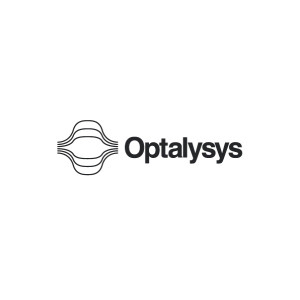 Today Optalysys in the UK announced that the company has successfully built the world’s first implementation of a Convolutional Neural Network using their Optical Processing Technology.
Today Optalysys in the UK announced that the company has successfully built the world’s first implementation of a Convolutional Neural Network using their Optical Processing Technology.
This is a hugely significant leap forward for the field of AI and clearly demonstrates the global potential for our Enabling Technology.” said Dr. Nick New, founder and CEO of Optalysys. “Optalysys has for the first time ever, applied optical processing to the highly complex and computationally demanding area of CNNs with initial accuracy rates of over 70%. Through our uniquely scalable and highly efficient optical approach, we are developing models that will offer whole new levels of capability, not only cloud-based but also opening up the extraordinary potential of CNNs to mobile systems.”
Convolutional Neural Networks, or CNNs, is a rapidly expanding area of Machine Learning Image Recognition and Analysis, used in pivotal applications such as Autonomous Vehicles, Weather Forecasting and Medical Image Analysis. These models are computationally extremely intensive, particularly for complex models, where there can be many convolutional “layers” to process.
The use of CNNs has advanced in recent years largely through the advancement of graphics processors. However, even though these offer considerable advantages over conventional processors, they are limited by the breakdown of Moore’s Law, and the high energy costs which can run into several millions of dollars for top-end supercomputers.
Optalysys’s optical processing technology brings major advantages by using a fundamentally different approach with energy efficient laser light rather than silicon as the processing medium. This delivers speed improvements of several orders of magnitude over conventional computing at a fraction of the energy consumption.
The demonstration successfully shows the Optalysys Optical Processing Technology processing a CNN, using the popular MNIST data set of hand-drawn numerals, which contains 60,000 training characters and 10,000 testing characters.



